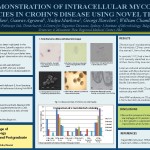Human Para is excited to announce that Otakaro Pathways has received a grant to continue their work on MAP and Crohn's disease. With this funding, Otakaro Pathways has been able to purchase a state of the art DNA sequencer to conduct research on cell wall deficient mycobacterial (CWDM) forms of MAP cultured from Crohn's patients. ...
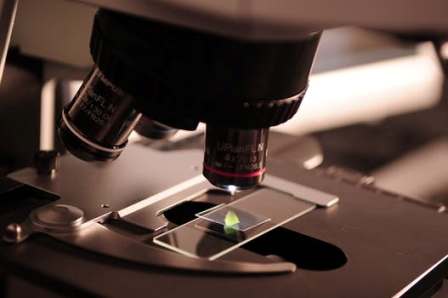

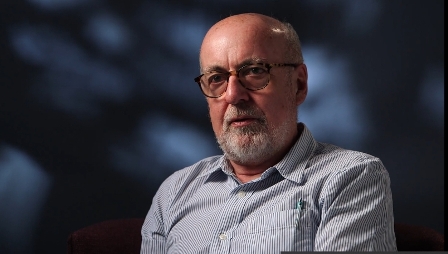
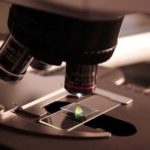

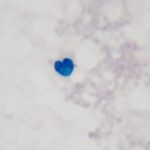
 In the plant world, endophytes exist within plants to perform essential functions in the plant – stimulation of plant immunity, competitive inhibition (making sure there is no room left for an invader) and production of chemicals capable of killing other bacteria (antibiotics). This is a process called “symbiosis.” Symbiosis occurs when two organisms co-exist and one, or both, organisms benefit from the relationship. In plants, endophytes have evolved to be part of the growth mechanisms of the plant. They are found in the roots and in the leaves.
In the plant world, endophytes exist within plants to perform essential functions in the plant – stimulation of plant immunity, competitive inhibition (making sure there is no room left for an invader) and production of chemicals capable of killing other bacteria (antibiotics). This is a process called “symbiosis.” Symbiosis occurs when two organisms co-exist and one, or both, organisms benefit from the relationship. In plants, endophytes have evolved to be part of the growth mechanisms of the plant. They are found in the roots and in the leaves.
